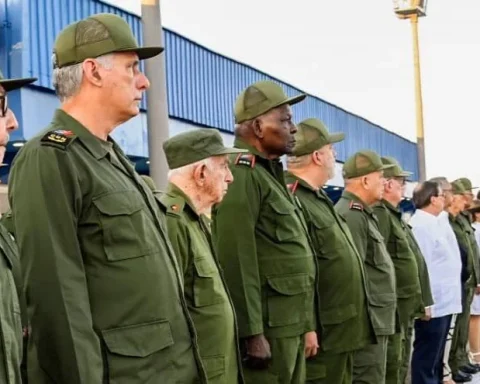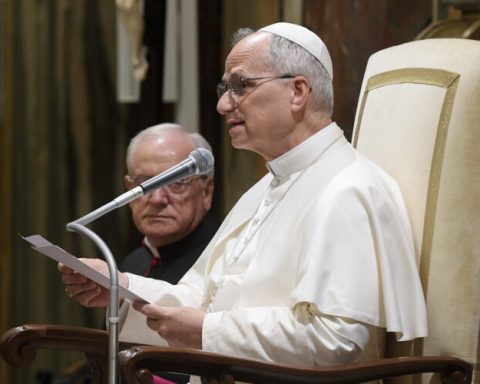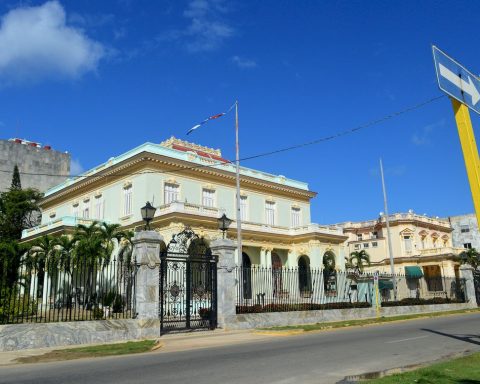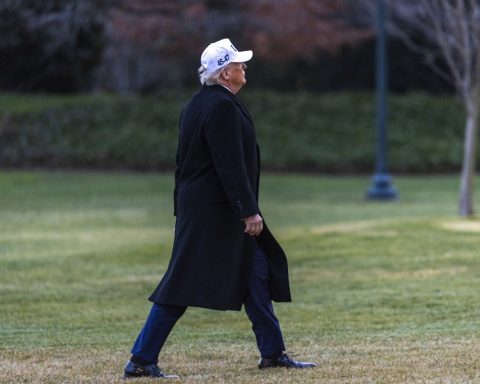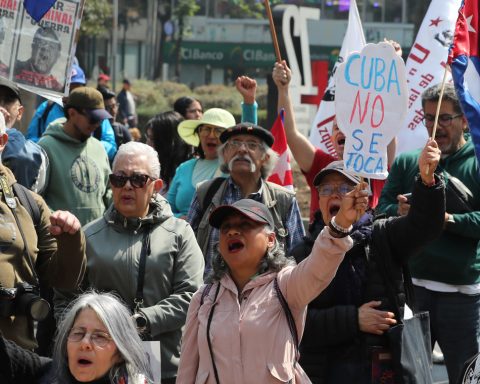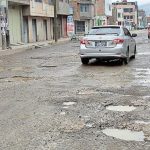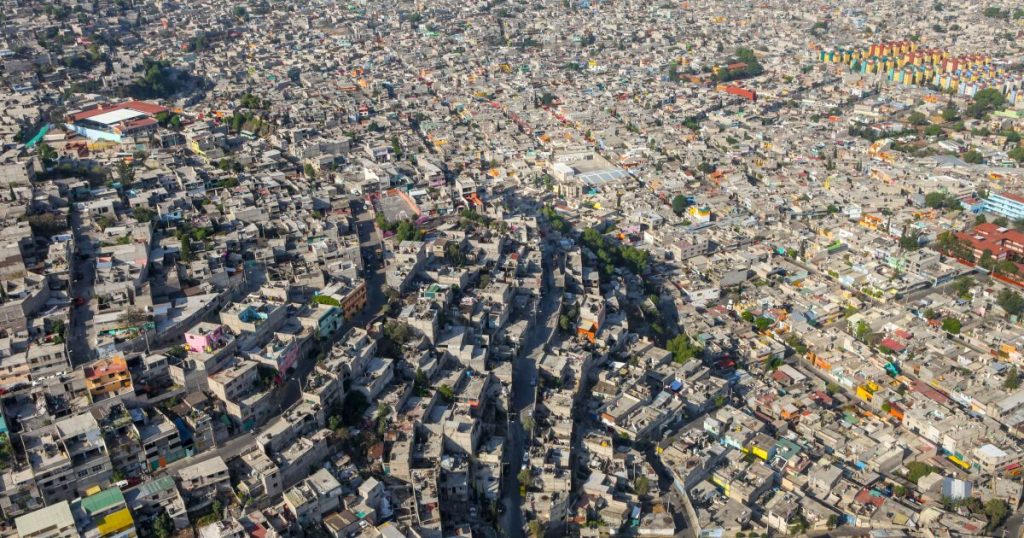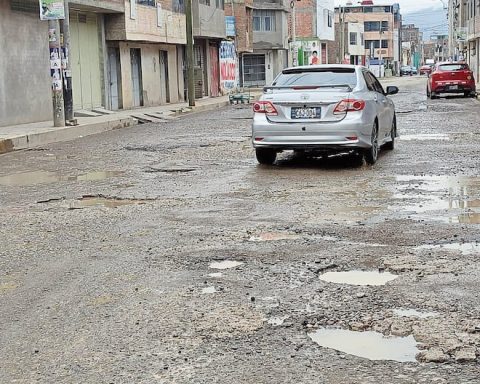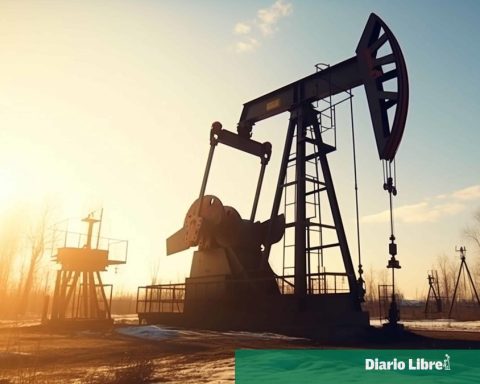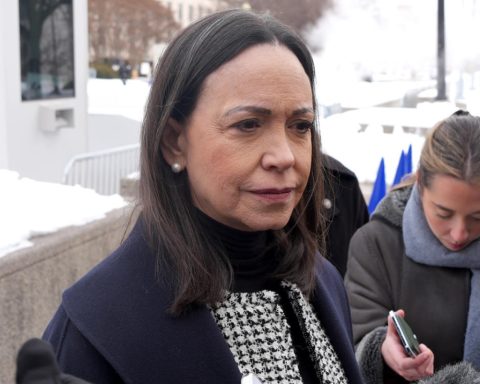HAVANA.-Before Raúl Castro himself, and having sent his Minister of Emergency Situations to the Island, Russia has promised to givefor this week, 4 generators of 100 MW each, advance 62 million dollars in equipment for the National Electric System (SEN) —as part of the 60 million credit recently announced by the Russian deputy prime minister Dimitri Chernyshenko. In addition, they will put in Cuban ports, as soon as possible, 80 thousand tons of diesel that the generators need to operate, since the national oil is too heavy, that is, useless to replace the imported fuel once it runs out.
And that will happen too soon, since 80 thousand tons are a little more than half a million barrels in a country that needs 125 thousand daily, and even assuming that it is not the total of the fuel in reserves, and that it is only used to feed the four new machines—in a situation too hypothetical to happen in Cuba where the regime is an expert at undressing and dressing saints, even if only in loincloths—the Russian oil royalty would yield less than a month, maybe two, but the point is that regularly more diesel would be needed, which will not even be given away this time, while Vladimir Putin Yes, he practices, and better than Raúl Castro, that of “zero gratuities.”
In fact, if the most enthusiastic among us, including those in the regime’s press and the cyber clarias, were to dispassionately interpret the official note, as well as the previous ones on the bilateral negotiations, it would not be an act of charity but rather a credit, payable within an already agreed period, it is true that with almost zero interest, but added to the Cuban debt, which these days already exceeds the amount of what had been condoned by the Russians and even by the creditors of the Paris Club.
But reading daily the alarming reports from the Electrical Union (UNE)the number of generating units out of service due to lack of fuel, as well as taking into account what we know about the number of industries and state cars stopped due to the issue of oil and gasoline (which today in some parts of our geography is quoted per liter at more than 800 pesos in the informal market), the demand for domestic generators and “strategic” facilities and tourism, we are already sensing that the 80 thousand tons will barely be enough for just over a week.
To keep the plants that will arrive on November 23, and that would be connected to the SEN before December 31, on, the regime would need to disburse at least 4 times a year, about 40 million dollars, which is the approximate value of the 80 thousand tons of diesel, taking into account that Russia sells it to Cuba at prices up to 25 percent below the value of a ton of that fuel in the international market, which today is around $650.
About 160 million dollars that would be added by the end of 2025, as a partial, to the new Russian debt of more than 60 million (the pieces are already costing 2 million more than the limit of the agreement, without counting the costs of assembly and installation. underway), which would return us again to the current energy crisis situation, even to a much more serious scenario, unless Putin, once again, resets his counter.
At that moment the regime could find itself in mortal danger, much more than now. On the one hand, the energy crisis has worsened what was already critical in terms of tourismas the main source of foreign exchange. Tour operators are reducing and even canceling offers in the Cuban market due to blackouts (no tourist wants to travel to Cuba to lock themselves in the hotel, since they cannot walk at night through cities that are completely blacked out, and where violence escalates every day. to worse); The other industries are not producing, which translates into the import of almost one hundred percent of the goods; The massive emigration of entire families has cut the total amount of remittances, and the marketing of medical brigades does not yield the same today as it did a decade ago, perhaps not even by 20 percent.
On the other hand, Donald Trump has promised to end the war between Russia and Ukraine once he begins to govern in January 2025, and probably his plan – in which Marco Rubio would have a decisive role as Secretary of State but, also, as a politician who knows Cuban affairs very well—include, among other more important demands, the Kremlin’s commitment to distance itself from the American coast by moving away from Cuba, as well as certain agreements on fuel that, in a certain way, would also have consequences on relations with China.
Let us keep in mind that Putin’s strategy with his intimate approach with Cuba, as a military base at the gates of the “common enemy”, is indisputably linked to the invasion of Ukraine and his claims of global hegemony; that Cuba has been the card to play in a desperate situation, and therefore a card that will be discarded once another better card appears, and that could be offered by Trump, confident of ending the conflict in 24 hours.
If such a situation arose, by mid-2025 the electrical system would irreparably collapse, without hope of other technological or financial fixes, and by the end of the year, indebted by oil that today is written with P for “poverty”, the regime could find itself in a checkmate situation like never before. The worst thing about the case is that before that, misery will have already swept away hundreds of thousands of Cubans, between hunger, hopelessness and repression.

